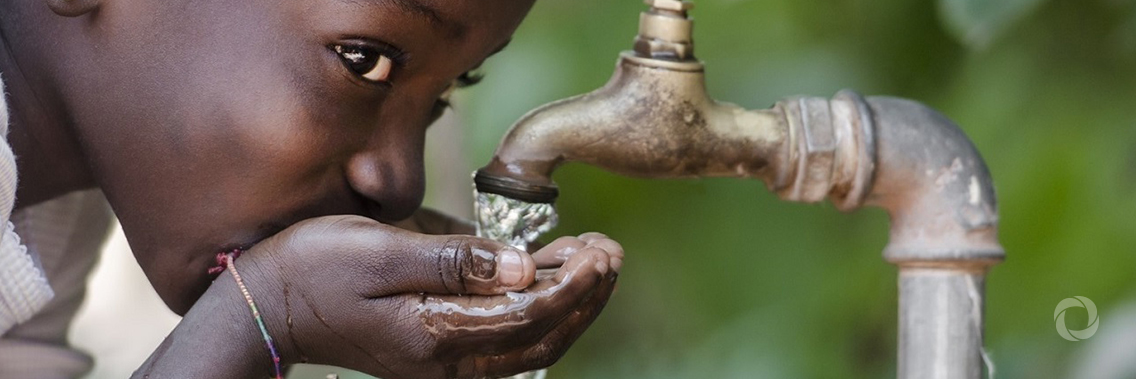In the lakeside village of Kafuzira, in the Nkhotakota District of Malawi’s Central Region, the water taps are not yet running. In the dry season, the women and girls still trudge five kilometers to Lake Malawi to fetch water for their daily needs. Then when the rains come and fill the nearby water holes, they compete with domestic and wild animals for water from the same sources.
However, the days of braving the elements, spending hours to fetch and haul 20-liter plastic cans of water balanced on their heads, are about to end. Kafuzira villagers can see promising signs everywhere. Trucks from the Sustainable Rural Water and Sanitation Project roaring by on the main road, hauling large water pipes, workers digging trenches, and putting final touches to public taps.
The African Development Bank-funded pipe-borne, gravity fed water supply scheme is coming to fruition. The objective of the project named the Sustainable Rural Water Infrastructure for Improved Health and Livelihood (SRWSIHL), is to spur socio-economic growth in Malawi by improving the health and livelihoods of marginalized rural populations through the provision of sustainable water supply and improved sanitation.
The Bank is co-funding the project through an African Development Fund loan and a Nigerian Trust Fund loan, at $27 million. This is in addition to a $4.1-million grant from the Bank-hosted Rural Water Supply and Sanitation Initiative Trust Fund, and $3.5 million from the Government of Malawi.
With 84% of Malawi’s 17.5 million population living in rural areas, rural water supply remains a key priority for the social and economic development of the country. According to Lazarus Phiri, the Bank’s senior water and sanitation engineer, the project, when completed at the end of 2019, will provide improved water supply to around 516,000 people in the rural areas. Another 575,000 people will gain access to improved sanitation, helping the Government of Malawi to meet its national development objectives as well as the Sustainable Development Goal 6 on clean water and sanitation.
Original source: AfDB
Published on 21 March 2019

